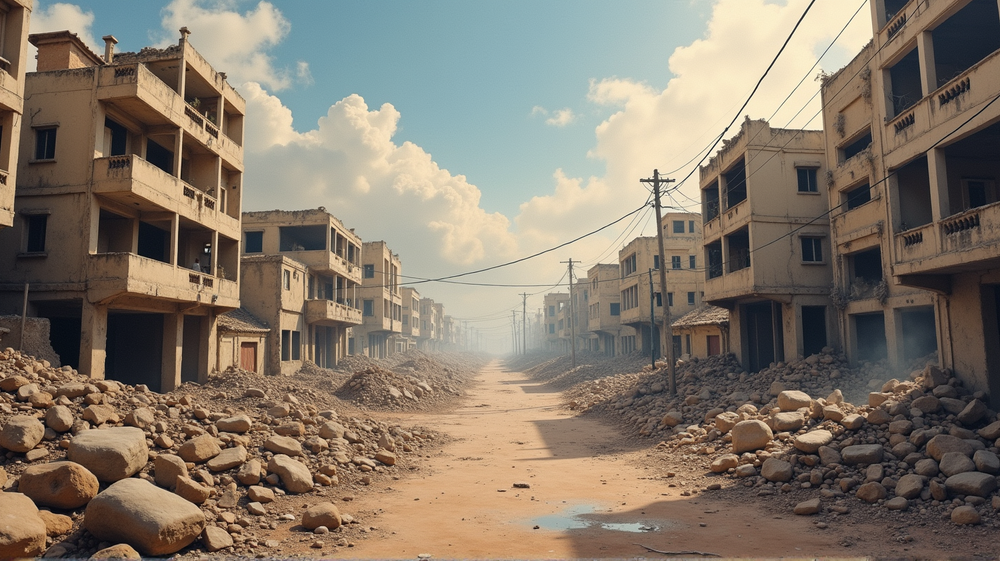Stalemate on All Fronts
The Gaza conflict seems to stretch endlessly, like a tangled web with no easy way out. As Israel braces for a new offensive in famine-stricken Gaza City, the world watches, hoping for a breakthrough. But why is this war so tenaciously resistant to resolution, when a ceasefire appeared imminent not long ago? The answer lies in a web of political inertia, ideological entrapment, and geopolitical brinkmanship.
Political Calculations over Peace
At the heart of the continuance of hostilities lies Israeli Prime Minister Benjamin Netanyahu’s political predicament. Criticized for allegedly prioritizing his political survival over peace, Netanyahu stands firm, swayed by the far-right coalition demanding a relentless campaign against Hamas. The catch? Ending the war could weaken Netanyahu politically, emboldening opposition and reviving corruption charges. Thus, Netanyahu remains resolute, seeing only total victory over Hamas as the solution to Israel’s security concerns.
The Hostage Equation
Hamas forms the other piece in this grim puzzle. Despite overtures hinting at compromise, the militant group remains cautiously defiant, demanding Israeli withdrawal and ceasing fire without laying down its arms. For Hamas, disarmament equates vulnerability, and history seems to back their fears. They’ve seen leaders replaced with new fighters, their relevance undiminished by past exiles. How can a path to peace be paved when survival breeds resistance?
Trump’s Calculated Silence
As the conflict escalates, eyes turn to the United States for intervention. While former President Donald Trump once showcased the might of U.S. influence, his current silence on Gaza is deafening. American aid and diplomatic cover shield Israel, making significant pressure unlikely. Yet, without action, the conflict merely intensifies. Was Trump’s call for a “conclusive ending” mere rhetoric, or will it herald tangible change?
Global Calls Unanswered
Around the world, nations cry for peace, yet their power wanes against America’s steadfast support of Israel. The hypothetical pullback of U.S. backing might prompt considerable concessions, but the absence of such motions leaves little hope for imminent change. Meanwhile, the seeds of dissent and the agony of those trapped in conflict grow deeper roots, creating an unsustainable cycle of bloodshed and siege.
In a world exhausted by conflict, the war in Gaza persists, its end swathed in the hopes of those who long for peace but trapped within the grip of geopolitical impasses. Could a resolution be on the horizon, or will the chorus of desperation continue unabated—only time, diplomatic courage, and genuine compromise will discern. According to AP News, these factors deeply influence the ongoing crisis.












